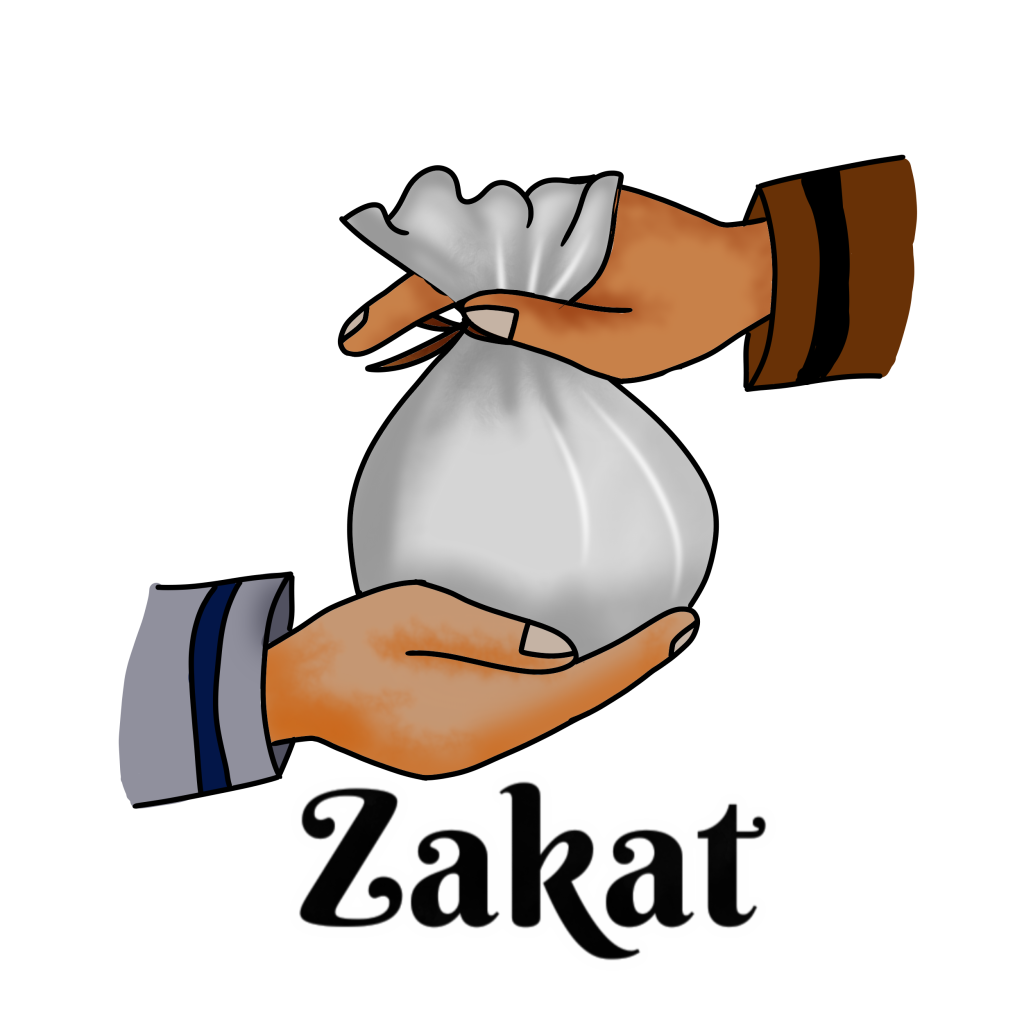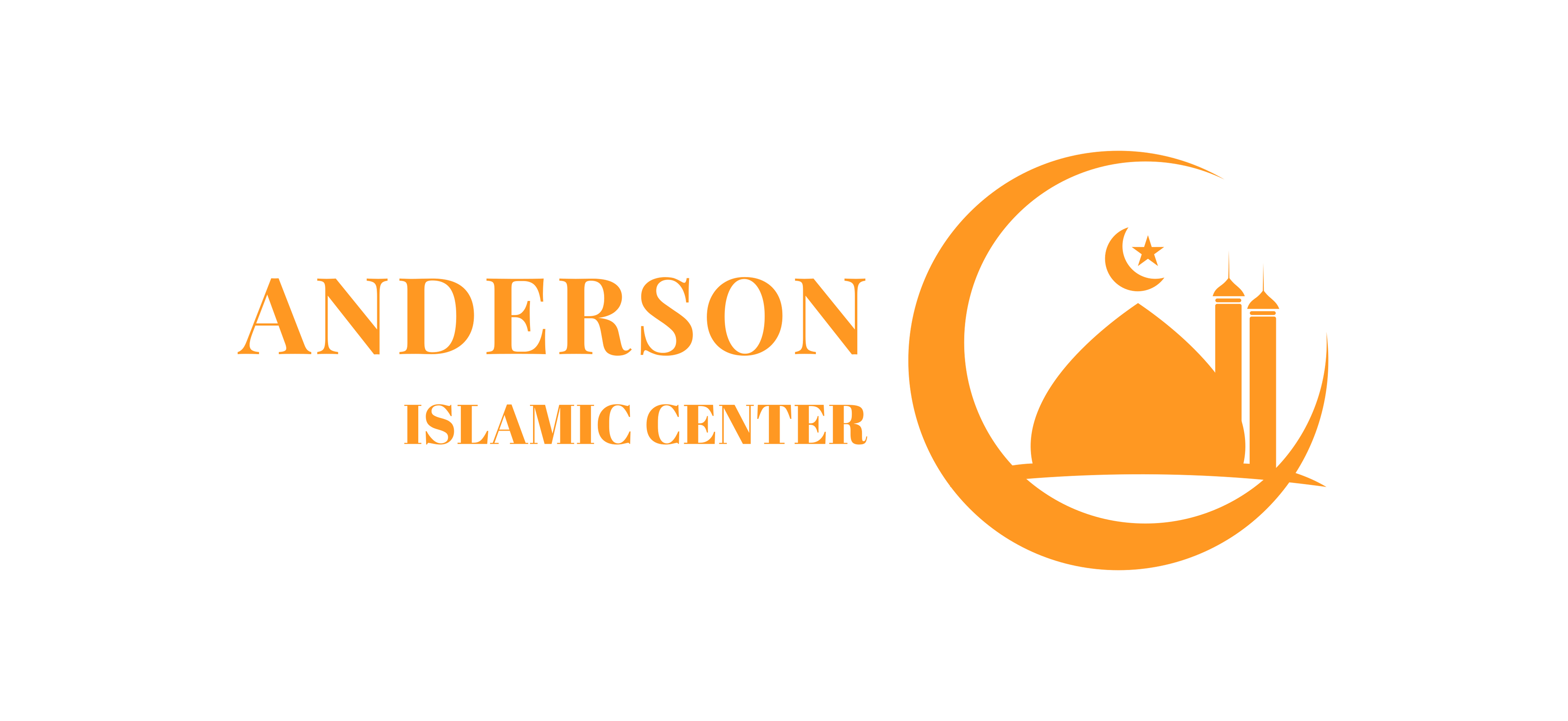Zakat is one of the Five Pillars of Islam and refers to the mandatory act of giving a portion of one’s wealth to those in need. It is considered both a spiritual duty and a means of purifying one’s wealth.
Key Aspects of Zakat
- Obligatory Charity – Zakat is compulsory for Muslims who meet the financial threshold (Nisab).
- Rate of Zakat – Generally, 2.5% of accumulated wealth (such as cash, gold, silver, and business assets) must be given annually.
- Nisab (Minimum Threshold) – A person must have wealth exceeding a certain amount (equal to 85 grams of gold or 595 grams of silver) to be obligated to pay Zakat.
- Eligible Recipients – Zakat must be distributed among eight categories mentioned in the Quran (Surah At-Tawbah 9:60):
- The poor (Al-Fuqara)
- The needy (Al-Masakin)
- Zakat collectors
- Those whose hearts need reconciliation (new/reverted Muslims)
- To free captives/slaves
- Those in debt
- In the cause of Allah (Fi Sabilillah)
- Stranded travelers
Benefits of Zakat
- Purifies wealth and soul from greed.
- Supports the less fortunate and reduces poverty.
- Strengthens community bonds through social responsibility.
- Encourages economic balance by redistributing wealth.
Zakat is distinct from Sadaqah (voluntary charity), as Zakat is obligatory while Sadaqah is optional.


